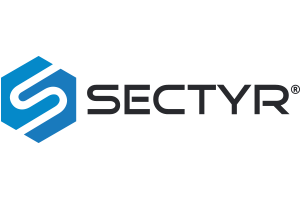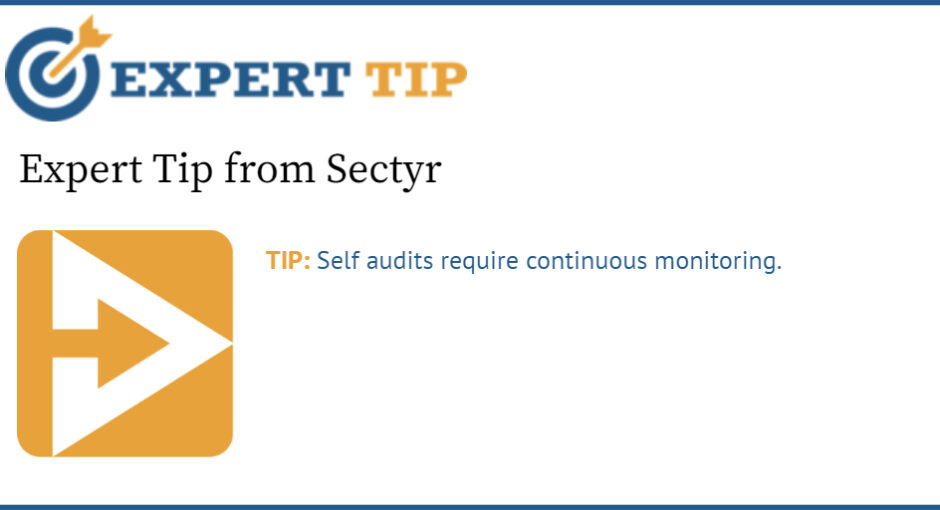
SPONSORED CONTENT

TIP: Self audits require continuous monitoring.
As 340B compliance becomes increasingly political, the C-suite is ever more aware of the responsibility for maintaining a compliant program. Apexus posits that, “It is essential to have continuous self-auditing processes … to identify any systemic issues in your 340B program.” They define four types of self-audits needed to provide your program with adequate attention and resources for a viable compliance framework:
- annual, mock HRSA audits;
- monthly mini audits (aka transaction audits);
- workflow audits; and
- ongoing system audits.
If, as Apexus says, ongoing system audits are as essential to risk reduction as the annual mock audits you pay consultants for each year, what’s the solution?
#1 – Establish a self-audit plan. The 340B University is a cost-free way to get the education to establish your plan. Apexus’ Advanced Operation Certificate Program is a great follow-up to take once you’ve put in place your plan.
#2 – Regularly review your contract pharmacy agreements and OPAIS data. Fiscal year 2023 HRSA audit findings show many CEs were written up, so to speak, for OPAIS inconsistencies.
#3 – Continuously monitor all aspects of your compliance framework and provide your stakeholders with the visibility to quickly see what’s compliant and what’s not.
There is an increasing pace of change spurred by HRSA, pharmaceutical manufacturers, and legislators. Keeping up with ongoing system audits can be a bigger job than most 340B program teams are capable of tackling on their own. To identify issues and correct them quickly, you need to automate. Compliance management software can help your team make any type of self-auditing efficient, easy, and sustainable.

Craig Frost is president and COO at Sectyr, LLC. He can be reached at Craig.Frost@sectyr.com



